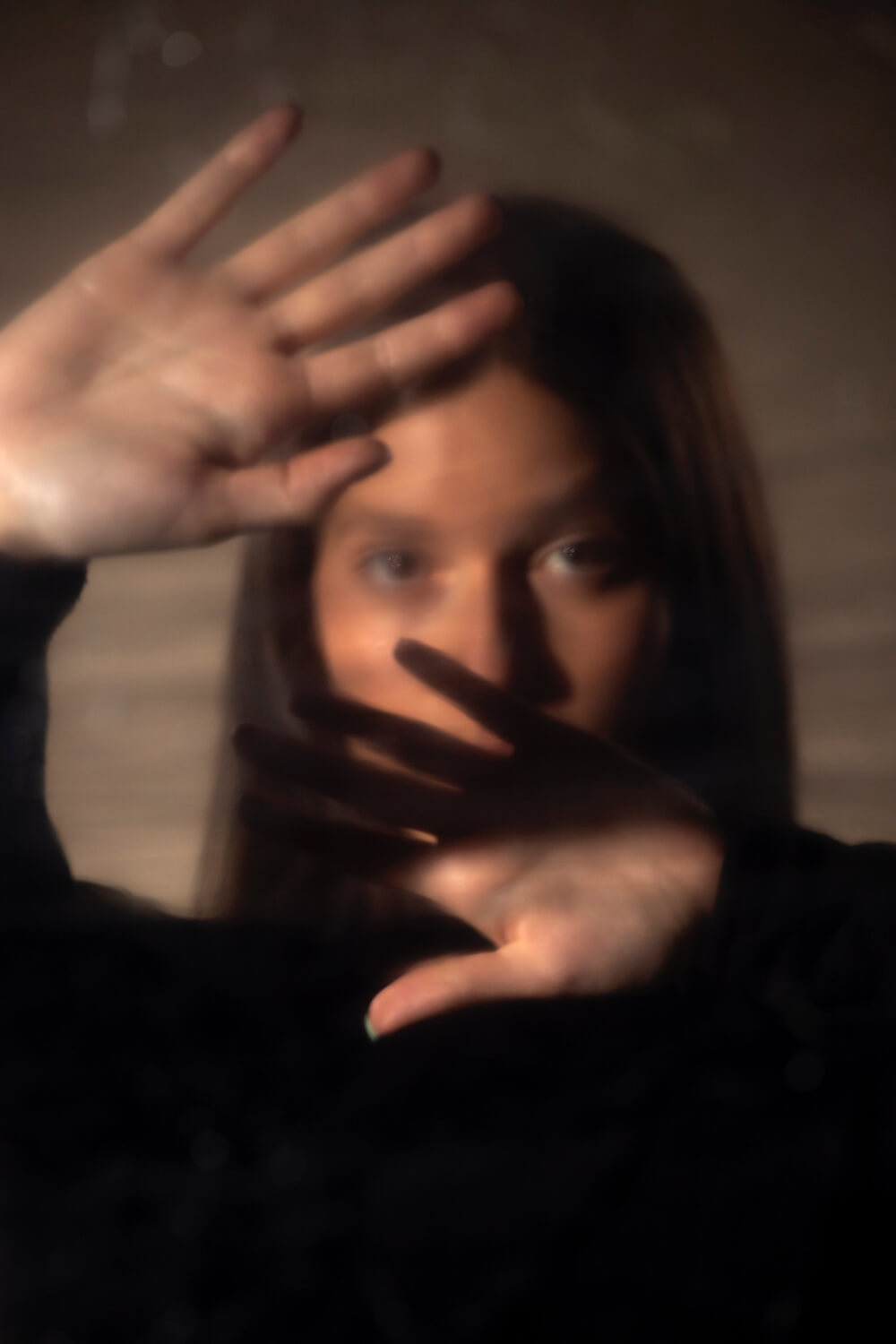I have walked into these rooms again and again—across years, with new principals, new case managers, additional complaints filed, subsequent appeals launched, IEPs dusted off and redrafted in the same language that failed last time. The faces change but the ritual remains. Seven professionals already seated, already laughing, already casually shaking off their last meeting as they sip from best teacher mugs. The camaraderie seems baked in. The seating is strategic. The hierarchy is unspoken but meticulously preserved in posture and tone.
I walk in alone, more often than I want to admit—after years of exhaustion, after relationships worn bare, after the quiet drift of advocates who assume, perhaps gently, that I’ve got this mostly figured out by now, as if survival implies success. No one is coming because I have been too gutted by all of it to maintain the rituals of connection, too tired to reach out, too ashamed of my own unraveling to ask again for company. Everyone wants the story to have a neat narrative arc. For disability to be temporary. For struggle to resolve. For grief to subside. For the mother to bounce back.
Sometimes they ask, “will your team be joining us?”—as though it is ordinary to arrive backed by lawyers and psychologists and professional advocates, as though I am expected to conjure a support network from the wreckage of my grief. Some of them remember the string of professionals I once brought to this table, back when I still believed that transforming what I needed to say into the voice of someone credentialed might make it easier for them to hear.
Sometimes they ask, with a forced neutrality that fails to conceal its purpose, “will the father be joining us?”—as if his presence might restore order, might smooth the edges, might make things easier for them. Easier because I will be more restrained because I will be more afraid. Because I have learned to hold my breath when he speaks. They have seen him insult me in these rooms—have watched the blows land, seen my body flinch—and still, they prefer his company. He jokes. He deflects. He makes the meeting end on time. He is a good guy in these settings.
-
Gaslighted by proxy: how schools grant coercive power to the quietest parent
When one parent advocates and the other undermines, the school almost always aligns with the one who “gets along.” Not because that parent is…
I enter already grieving
But what if this time, instead of smoothing my face into neutrality and flattening my cadence into professionalism, I walked into the room already crying—louder, sharper, and more guttural than anyone expected. What if before they finished welcoming me, before the agenda could be circulated, I was weeping? What if my voice shook and I did not try to stop it? What if I refused to preserve the comfort of the room?
I would bring my body, ungoverned. I would bring my voice, untethered. I would bring my grief, unconcealed. My mind, unhinged.
I would keen—with the raw-throated, high-pitched sorrow of someone whose child has already been taken from her again and again, by the steady, surgical denials of access and care that leave children debilitated.
A sound older than strategy
Let’s be honest: hyper-conscientious, high-masking women like me do not keen. We prepare slideshows. We quote legislation. We write careful, typo-free emails with subject lines like “IEP input per Nov 25th meeting discussion.” We show up in shoes that do not squeak, in cardigans that say trust me, with hair pulled back gently, so they do not mistake us for angry. We bring snacks and reassurance, knowing that this is a work environment and trying to be a cheerleader. We cry only in the car, when no one can hear us. We try so hard to be impressive, likeable, and competent.
But something happens after too many betrayals. After your child stops eating. After you are told to wait again. After your child stays in bed for months, refusing the world. After you are asked to trust a system that has never earned it—again. Eventually, the mask cannot hold, and all that remains is the sound. Ahhhhhhhhhh!
The sound that lives just beside the cries of our babies when they wailed in need and we answered—except now there is no one to soothe us, no arms to gather us, no voice saying you’re safe now. We are not safe here. It is a sound aligned with helplessness, with the knowing that care will not come, and the unbearable task of surviving—paralysed and cognisant—while everything disintegrates around us, and still, we must keep watching.
On banshees
The banshee is a figure drawn from Irish and broader Celtic folklore—a spectral woman whose presence marks the imminent death of a family member, especially in noble or old Gaelic lineages. But she is more than a ghost or omen. She is a sound. A keening. A rupture.
The term bean sí—woman of the fairy mound—anchors her to the ground, to the hollows, to the soil that receives the dead. She is of the earth, of something old and unsettled and unafraid of rot. She does not operate in the sterile language of policy or the anodised silver of institutional restraint. She does not hover in glass-walled meeting rooms filled with the whir of laptops and the squeak of whiteboards. She is a rupture from the underground—wet with knowing, rooted in the truth that mourning is not optional.
And schools, in contrast, are creatures of air and metal. They operate on architecture and plausible deniability. Their truths are floated in memos and refracted in acronyms. The lies drift, ungrounded, untethered, made of vapour and circuitry and smoothed-over timelines.
I keen
I keen—for the years I begged for help and was ignored. For the times I predicted this and no one remembers. For the night I stayed up past two, rewriting the same polite email in a different tone, hoping the next version might be heard. For the child who learned to mask too well. For the school year that disappeared. For the mounting absences and the growing doubt and the whispered question in my own head—have I failed them? For the days when I feel so drained, so burnt out, that parenting itself begins to fray, and my connection to my children feels tenuous, brittle, at risk. I keen because my children are broken by school, and now they require a level of care and accommodation that is constant, unrelenting, without pause or reciprocity. I keen because no one else will.
I keen because Jeannie stopped eating again (she thinks it’s her personality now). I keen because the director of instruction called her case “closed” while she remained excluded. I keen because the team used phrases like “gradually tolerate” as if a neurodivergent child should be conditioned to endure suffering. I keen because the meetings continued and the child stayed home.
I keen because I have spent years being asked to self-regulate while watching my child disappear within institutional frameworks that rebrand pain as resilience. Plans are for documentation, not intention. I keen because there was never a moment to panic and swing into action—just a slow, sanctioned obliteration of a disabled child’s dignity, carried out in daily increments polite enough to go unnoticed.
The meeting cannot proceed
There is a grief in sitting through conversations about supports and accommodations that will never come, or will arrive too late to matter. A grief in watching them plan for your child as though the collapse hasn’t already happened. They speak of calming strategies, peer connections, sensory tools. They speak of re-engagement when the trust is already severed. They name possibilities while I sit beside the ruins, knowing they are still designing interventions for a version of my child that no longer exists. The nervous system remembers. And it is unbearably lonely to be the only one in the room mourning.
And so I wonder: what happens if I keen? The most honest sound.
Would they offer tissues? Would they pause the meeting, usher me gently into the hallway, and whisper about policies? Would they document it as a disruption? Would they call the police? Because that sound—raw, disruptive, fully unmanageable—is everything they fear and everything they have refused to hear. It is grief in a language they cannot sanitise. It is rage that refuses to pivot. It is the truth unobstructed.
It would reveal the soft-spoken performance for what it is: choreography for containment. It would fracture the smiling violence of terms like appropriate placement and gradually tolerate. It would expose what they all know and are paid to forget: this is harm. This is their best effort in challenging conditions.
What the room cannot hold
The room does not know what to do with this kind of sound, because it is horrific!!! and because it resists containment, interpretation, or resolution; it cannot be triaged, soothed, silenced or translated into a format appropriate for the minutes, and it echoes the wordless grief children have exhaled in stairwells and bathrooms all year, the same grief I have swallowed for a decade until it calcified into something sacred and dangerous and utterly incompatible with institutional calm.
I keen because no one else has dared. I keen because the meeting always ends with someone gently redirecting me toward patience with a compliment sandwich about how lovely my child is. I keen because my child missed 68 days of school and no one permitted grief.
Grief makes a hostile work environment
They do not say it plainly, but I have learned to hear what is meant. She will be removed from the classroom if she shows what school has done to her. This will be unproductive for effective collaboration, they caution, when what they mean is this will be unpalatable—a painful mirror held too close to the institution’s face.
They will not see a child in distress who deserves care if she does not follow the rules. They will not see a mother breaking—they will see a mother misbehaving.
They will say, in the gentlest tones they can manage, that perhaps I should homeschool if school is so painful. As though it were a choice. As though I am the one who failed to accommodate. As though I have not spent years asking—quietly, carefully, professionally—for appropriate support and accomondations. Their amnesia is infurriating.
They speak of collaboration while offering only consequences. They speak of support while preparing to withdraw it.
And still I show up, knowing what it will cost, because silence will not protect her either. And because she wants to go to school. She wants to be with her friends. So I swallow my grief—a bitter pill—take a deep breath, and press my fingernails into my palms beneath the table to make myself behave. I steady my voice. I nod at all the right moments. I try to sound like someone they will listen to.
-
Epistemic silencing of disabled children’s primary caregivers
Epistemic silencing in BC schools discredits mothers’ knowledge, reframes advocacy as aggression, and erases disabled children’s pain, leaving families punished for truth.









